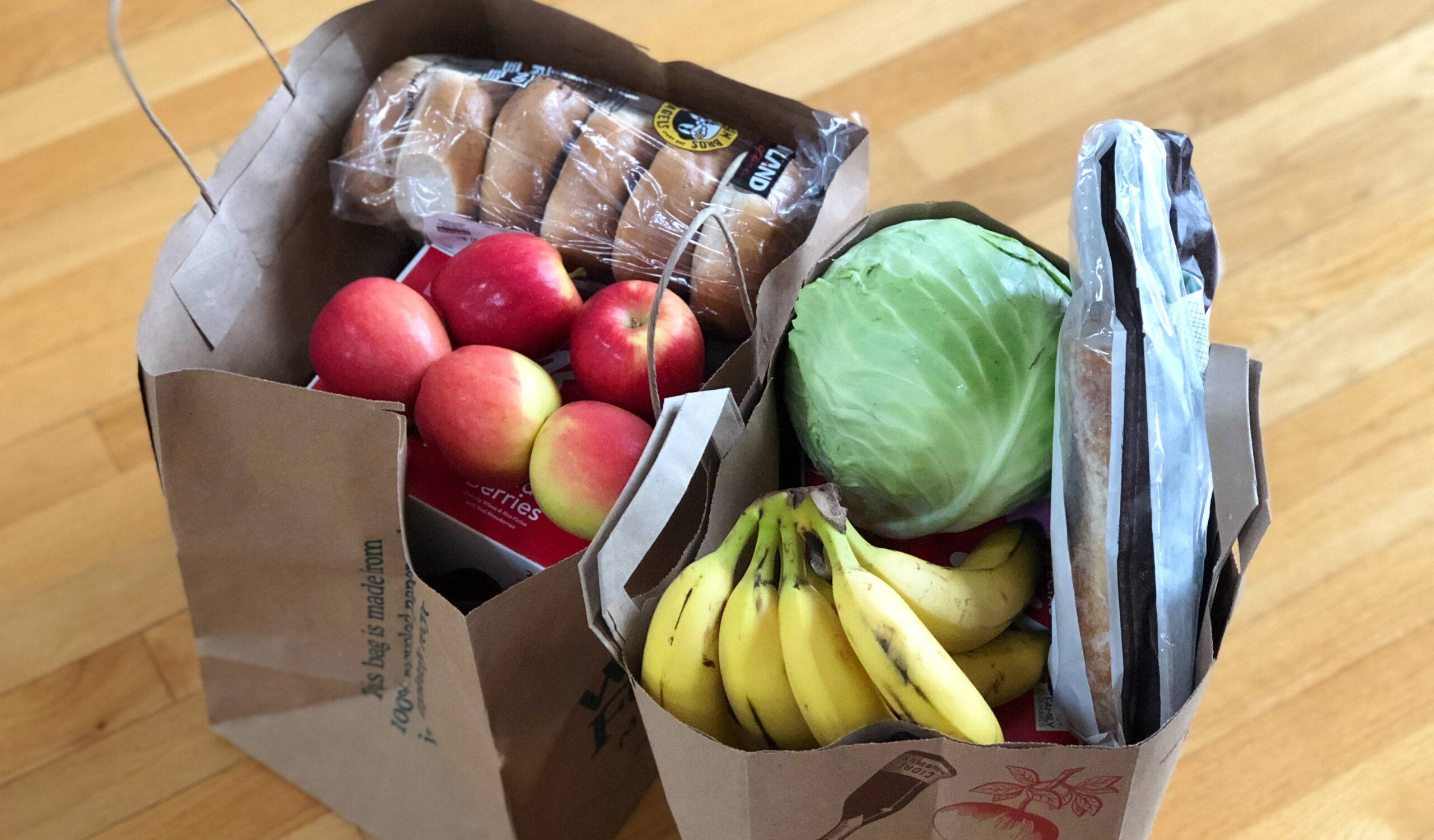
412 Food Rescue Saves Even More Meals From Landfills
With Home Delivery Program
Amanda Waltz
June 8, 2021
Anyone who has thrown away a forgotten bag of mixed greens knows the frustration of wasting food and feeling the pinch of money ending up the trash.
When considering food waste on a nationwide scale, the numbers are staggering. The nonprofit Feeding America estimates that 108 billion pounds of food — or 40 percent of the total food supply — is wasted in the United States each year. That number has major economic implications, with annual losses equating to about $161 billion.
Food waste also has an impact on the environment and society. The Environmental Protection Agency determined that food waste takes up the most space in landfills. Meanwhile, Feeding America projects that 42 million people, including 13 million children, may experience food insecurity in 2021, mostly due to the effects of the COVID-19 pandemic.
The Pittsburgh-based nonprofit 412 Food Rescue works to prevent discarded food from ending up in landfills. Its mission has expanded with Home Delivery, a program where volunteers pick up surplus food from restaurants, supermarkets, and other retailers and take it directly to residents in need.
Previously, 412 Food Rescue focused mostly on getting donations to food banks and other community nonprofits.
"During the COVID-19 pandemic, 412 Food Rescue recognized the need for home-bound seniors and other vulnerable communities to have fresh, healthy food delivered to their doorstep," says the 412 Food Rescue website. As a result, the organization developed the Home Deliveries option on its 412 Food Rescue mobile app, where volunteers, or "Food Rescue Heroes," can sign up to pick up food donations.
Founded in 2015, 412 Food Rescue has expanded from Pittsburgh into other areas, including 724 Food Rescue in neighboring Westmoreland County. A press release says 412 Food Rescue works with 800 food retailers, 600 nonprofit partners, and over 12,000 volunteer drivers in the Pittsburgh area alone.
Its technology platform has also been licensed by food rescue organizations in San Francisco, Los Angeles, Northern Virginia, Philadelphia, Cleveland, and Vancouver, B.C.
In July 2020, the organization announced that it had rescued a total of 10 million pounds of food, redirecting it to "households in poverty and nonprofits serving food-insecure populations in western Pennsylvania."
“We have always strived to be not just a platform, but a movement,” “Solving these huge problems of food waste and hunger requires all of us to stay engaged, and it has been thrilling to see our communities rise to the challenge, especially in recent months. Even amidst social distancing, we are more connected than ever.”
The efforts of 412 Food Rescue helps to combat hunger and climate change. The U.S. Department of Agriculture points out that food rotting in landfills emits large amounts of the greenhouse gas methane. As a result, municipal solid waste landfills are the third-largest source of human-related methane emissions in the U.S.
There’s also the issue of using resources to replace lost food, from the water needed to irrigate crops to the oil used to transport produce nationwide.
As a "safety precaution to protect the folks who receive food deliveries at their residence," 412 Food Rescue requires Home Delivery applicants to agree to a short, free background check, submitted through a form on the app. Once cleared, Home Delivery volunteers can begin picking up donation boxes from various locations and taking them to homes, with the app providing detailed delivery route information.
The 412 Food Rescue website ensures that applicant information, including social security numbers and details of background checks, will not be shared, stored or viewable to its staff. It will instead be handled by the third-party service Checkr.
The Home Delivery feature is just one of the many ways 412 Food Rescue looks to solve food waste. The nonprofit aims to serve 100 cities by 2030, recruiting 1 million food rescue heroes by the end of the decade, according to a press release.

Leave A Comment